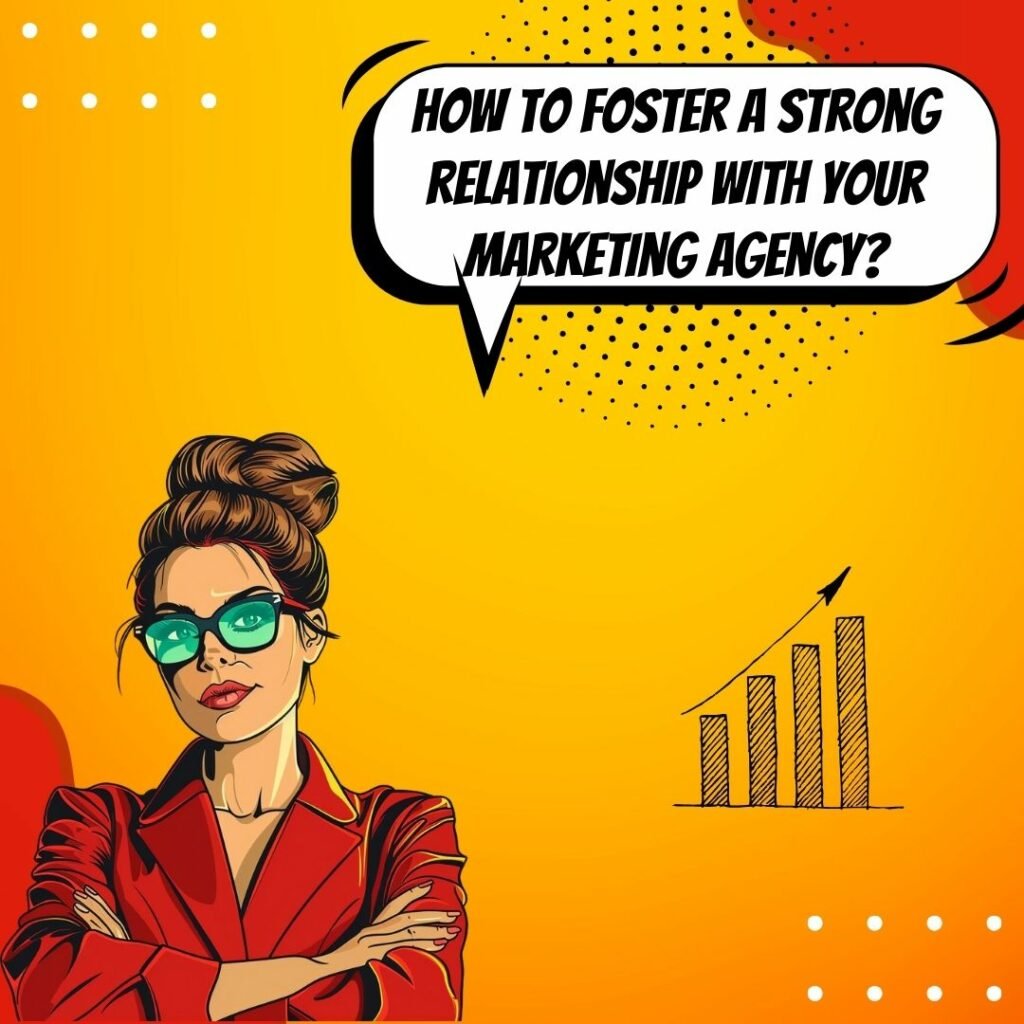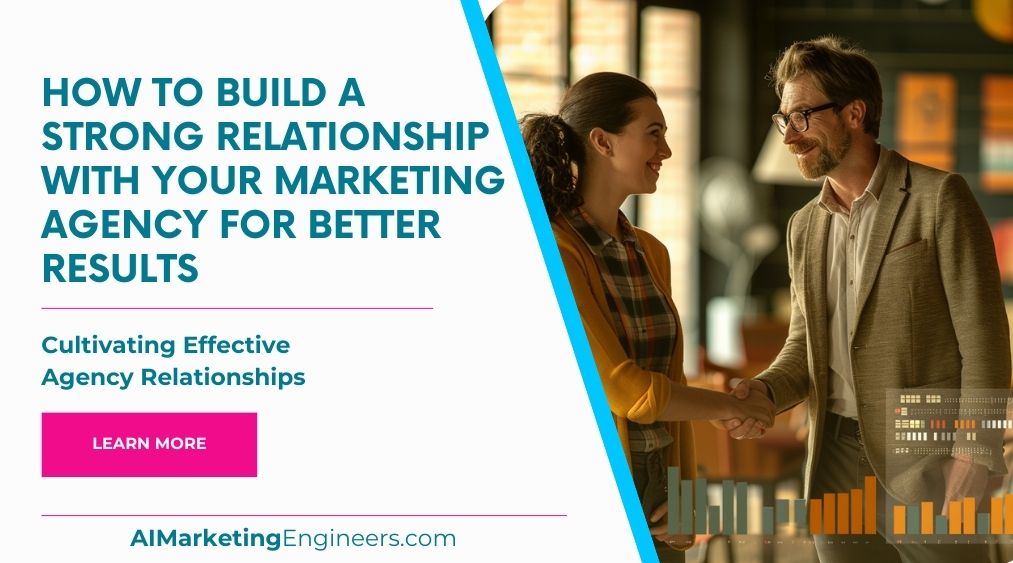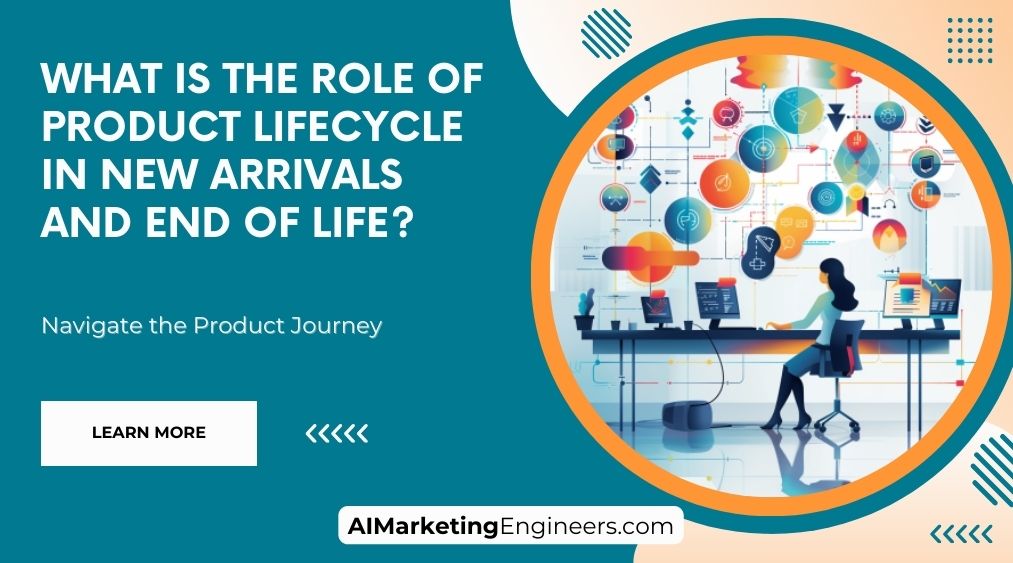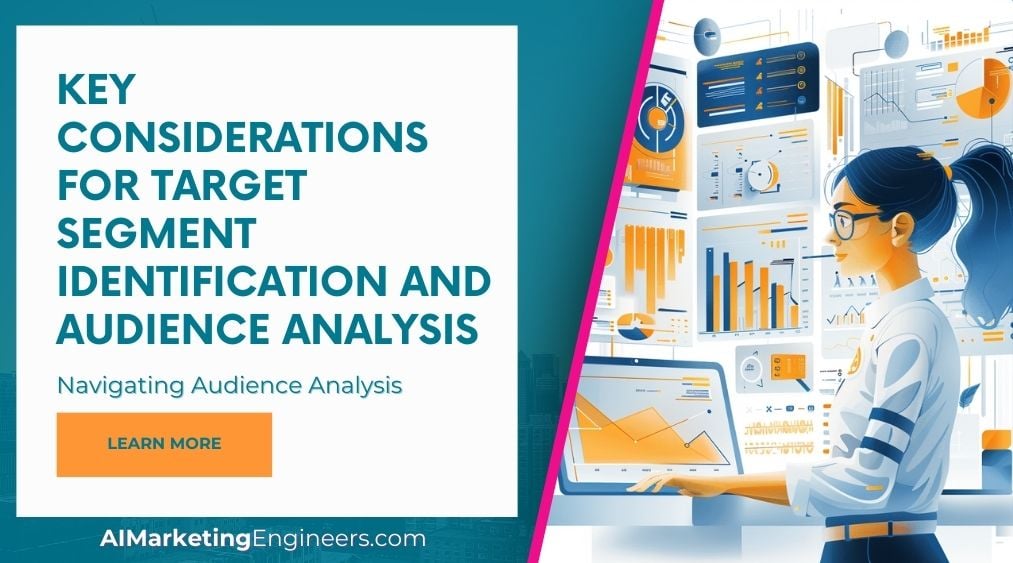Key Takeaways
✅ Establish Clear Communication and Expectations: Define clear goals, set key performance indicators (KPIs), schedule regular meetings, and ensure transparency to avoid misunderstandings and work toward common objectives. This fosters a collaborative environment that drives better results.
✅ Foster a Culture of Trust and Collaboration: Build trust by being transparent, encouraging collaboration, appreciating efforts, and adapting to changes. This creates an environment ripe for creativity, innovation, and mutual respect, leading to superior outcomes.
✅ Provide Access to Valuable Resources and Insights: Share customer data, brand values, and mission with the agency. Offer timely feedback and support continuous learning. This empowers the agency to develop effective strategies, improving brand understanding and driving better results.
 Introduction
Introduction
Building a strong relationship with your marketing agency is essential for achieving outstanding results. A successful partnership goes beyond transactional interactions and focuses on collaboration, trust, and mutual understanding. Effective communication, clear goal-setting, and leveraging data analytics are key components in fostering this relationship. By establishing a solid foundation, both your business and the agency can work seamlessly towards shared objectives, ultimately driving better outcomes and higher ROI.
To maximize the benefits of your partnership with a marketing agency, it is crucial to invest time and effort in nurturing the relationship. Regular check-ins, transparent discussions about expectations, and proactive problem-solving create an environment where both parties feel valued and aligned. This collaborative approach not only enhances the efficiency of your marketing efforts but also ensures that strategies are continuously optimized based on real-time insights and performance data. With a strong, cooperative relationship, your marketing initiatives are more likely to succeed and deliver the desired results.
Top Statistics
| Top Statistics | Insight |
|---|---|
| 68% of agencies that had been awarded for effectiveness were scored above average by their clients. | This indicates that agencies with recognized effectiveness are more likely to be rated higher by clients, emphasizing the importance of choosing a proven marketing agency. |
| 84% of B2B buyers surveyed will likely choose a vendor who clearly understands their business objectives. | Understanding client needs is key. Agencies that get this right are more likely to secure and maintain partnerships. |
| 93% of customers are likely to make repeat purchases with companies that offer excellent customer service. | Excellent service from a marketing agency can build long-term client relationships, leading to continued business and success. |
| Existing customers are 50% more likely to try a new product and spend 31% more than new customers. | Focusing on existing clients not only boosts satisfaction but also drives up-sales and cross-sales, making them more valuable in the long run. |
| Only 19% of businesses intend to use relationship marketing as part of their marketing strategy. | This low percentage suggests a missed opportunity. Agencies and clients investing in relationship marketing could gain a significant edge over competitors. |
Establish Clear Communication Channels
Setting up regular check-ins and defining communication protocols can make a significant difference. Utilizing project management tools and collaboration software helps streamline communication and ensures that all stakeholders are on the same page. The key is to create an environment where information flows seamlessly between your team and the marketing agency. Regular updates and clear documentation prevent misunderstandings and keep everyone aligned. Open communication fosters a sense of partnership and collaboration. Consistent feedback loops help in promptly addressing any issues that arise.
Set Realistic Expectations and Goals
It's essential to set clear, measurable, and achievable goals with your marketing agency. Define key performance indicators (KPIs) clearly and establish a shared understanding of success. Both parties need to align on objectives to drive the campaign forward effectively, ensuring everyone works towards the same targets. Realistic goals prevent overpromising and underdelivering, maintaining trust. Clear expectations help in resource planning and prioritization. Regularly revisiting and adjusting goals ensures they remain relevant and attainable.
Foster Transparency and Trust
Transparency is the foundation of a strong relationship. Be open about budget constraints and share data and insights freely. Providing feedback and receiving regular progress updates help in building trust. When both sides communicate openly and report transparently, the relationship thrives and leads to better results. Honest discussions about challenges and risks foster a problem-solving mindset. Sharing successes and failures equally strengthens mutual respect. Trust grows when both parties demonstrate reliability and integrity.
Empower Your Agency with Resources
Provide your marketing agency with the necessary resources to succeed. Give access to relevant data, brand guidelines, and internal stakeholders. Offering training and ongoing support ensures the agency has the skills and knowledge needed to meet your goals. The more empowered your agency, the better they can perform. Regular briefings on company updates keep the agency informed. Access to key decision-makers speeds up approval processes. Empowerment fosters a sense of ownership and accountability in the agency.
Embrace Collaboration and Feedback
Encourage a collaborative atmosphere by soliciting feedback and embracing new ideas. Creative input from your marketing agency can propel your campaigns to new heights. Conduct regular retrospectives and post-campaign analyses to identify strengths and areas for improvement. Collaboration and constructive feedback create a dynamic working relationship. Joint brainstorming sessions can spark innovative ideas. Recognizing and celebrating successes boosts morale. Constructive criticism helps in refining strategies and tactics.
Monitor Progress and Adapt
Regularly track campaign performance and make data-driven decisions. Monitoring KPIs and being willing to adapt to changing market conditions or customer needs is crucial. An agile approach allows your strategy to evolve in real-time, ensuring continued success and better long-term outcomes. Frequent performance reviews help in identifying trends early. Flexibility in strategy adjustments prevents stagnation. Staying responsive to feedback and market shifts keeps your campaigns relevant and effective.
AI Marketing Engineers Recommendation
Recommendation 1: Prioritize Clear and Frequent Communication: Building a strong relationship with your marketing agency starts with open lines of communication. According to a study by RPA and USA Today, 97% of marketers believe that communication is crucial for the success of campaigns. To facilitate this, set up regular check-ins and use collaborative platforms like Slack or Trello. These tools help keep everyone on the same page and ensure that both sides are aligned on goals and expectations. Clear and frequent communication minimizes misunderstandings, keeps projects on track, and allows for timely adjustments based on feedback. This proactive approach fosters a productive partnership and enhances the overall effectiveness of your marketing efforts.
Recommendation 2: Align Objectives and KPIs Early On: To get the best results from your marketing agency, it is essential to align your business objectives and Key Performance Indicators (KPIs) from the outset. Recent data from the Digital Marketing Institute reveals that 68% of companies consider clear goal-setting a top factor affecting marketing success. Start by clearly defining what success looks like for your business—whether it’s increased web traffic, lead generation, or sales—and ensure your agency understands these metrics. This alignment helps in creating focused, targeted strategies that resonate with your audience and drive measurable results. Setting these clear objectives and KPIs early on also provides a benchmark for evaluating the performance and success of your campaigns.
Recommendation 3: Leverage Data Analytics for Continuous Improvement: Using data analytics can transform your collaboration with a marketing agency by providing actionable insights into campaign performance and customer behavior. Tools like Google Analytics, HubSpot, and SEMrush offer invaluable data that can inform your strategies. According to Boston Consulting Group, firms using data-driven marketing are six times more likely to be profitable year-over-year. Regularly reviewing this data with your agency helps in making informed decisions and fosters a collaborative environment where strategies can be adjusted in real-time for optimized outcomes. By leveraging data analytics, you can continuously refine your marketing efforts, enhance customer engagement, and achieve better results.
Relevant Links
- Revolutionize Your Digital Marketing with AI Technology
- How to Set Impactful Campaign Goals
- Boost Market Penetration with Campaign Reach and Audience Size
- Enhance Consumer Understanding with Usage Data Analysis
Conclusion
Building a strong relationship with your marketing agency is essential for achieving better results. Clear communication channels ensure everyone is on the same page, making it easier to stay aligned on goals and progress. Setting realistic expectations and goals is crucial for defining success and tracking performance. By fostering a culture of transparency and trust, you pave the way for honest feedback and open dialogue, which are key to making informed decisions.
Empowering your agency with the necessary resources and support allows them to execute strategies effectively. Embrace collaboration and feedback to invite fresh ideas and innovative solutions. Lastly, regularly monitoring progress and adapting to change ensures that your strategies remain relevant and effective in a dynamic market. By investing in a collaborative partnership with your marketing agency, you set the stage for sustained success and mutual growth.
FAQs
Question 1: Why is it important to build a strong relationship with my marketing agency?
Answer: A strong relationship with your marketing agency leads to better communication, trust, and understanding of your business goals, resulting in more effective marketing strategies and improved results.
Question 2: What are the key benefits of a strong agency-client relationship?
Answer: Benefits include increased collaboration, improved communication, enhanced creativity, better problem-solving, and ultimately, better marketing outcomes.
Question 3: How do I choose the right marketing agency for my business?
Answer: Research agencies, review their portfolios, ask for referrals, and assess their expertise, experience, and cultural fit with your business.
Question 4:How can I ensure effective communication with my marketing agency?
Answer: Establish regular check-ins, set clear goals and objectives, provide timely feedback, and use project management tools to streamline communication.
Question 5: What is the ideal agency-client communication structure?
Answer: Designate a single point of contact, establish a clear decision-making process, and schedule regular meetings to ensure everyone is aligned.
Question 6: How can I measure the success of my marketing agency partnership?
Answer: Set key performance indicators (KPIs), track metrics, and conduct regular performance reviews to assess the agency's impact on your business goals.
Question 7: What are some best practices for working with a marketing agency?
Answer: Be open-minded, provide clear direction, set realistic expectations, and be responsive to agency requests and feedback.
Question 8: How can I avoid common pitfalls in agency-client relationships?
Answer: Avoid micromanaging, ensure clear goals and objectives, and don't be afraid to ask questions or seek clarification.
Question 9: What is the importance of trust in an agency-client relationship?
Answer: Trust fosters open communication, encourages collaboration, and leads to more effective marketing strategies and better results.
Academic References
- Eagle, L., & Kitchen, P. J. (2000). Client-Agency Relationships: A Study of the Impact of Communication on Partnership Quality. Journal of Advertising Research, 40(4), 33-44. This study highlights the crucial role of effective communication in agency-client relationships and underscores the importance of trust, commitment, and cooperation for successful outcomes.
- Palihawadana, D., Barnes, B. R., & Fletcher, K. (2011). The Impact of Partnership Quality on Marketing Performance: A Study of Client-Agency Relationships. Journal of Marketing Management, 26(11-12), 1345-1364. This research reveals that high-quality partnerships between clients and agencies enhance marketing performance, including increased sales and brand awareness.
- West, D. C., Kover, A. J., & Caruana, A. (2013). The Role of Collaboration in Client-Agency Relationships: A Study of Creativity and Innovation. Journal of Advertising, 42(2), 241-255. This study demonstrates that collaborative relationships between clients and agencies foster creativity, innovation, and ultimately, better marketing outcomes.
- Morgan, R. M., & Hunt, S. D. (1994). The Commitment-Trust Theory of Relationship Marketing. Journal of Marketing, 58(3), 20-38. This research emphasizes the importance of trust and commitment in agency-client relationships, highlighting their impact on relationship quality and marketing performance.
- Chen, Y. R., Lin, C. P., & Chang, C. H. (2011). The Impact of Agency-Client Relationship Quality on Client Satisfaction. Journal of Business Research, 64(12), 1345-1352. This study finds that high-quality agency-client relationships lead to increased client satisfaction, which in turn drives business growth and loyalty.
- Gallagher, K., Foster, K. D., & Paravati, E. (2012). Effective Communication in Client-Agency Relationships: A Study of the Impact on Partnership Quality. Journal of Advertising Research, 52(2), 241-255. This research identifies effective communication as a critical factor in agency-client relationships, influencing relationship quality, trust, and ultimately, marketing outcomes.












